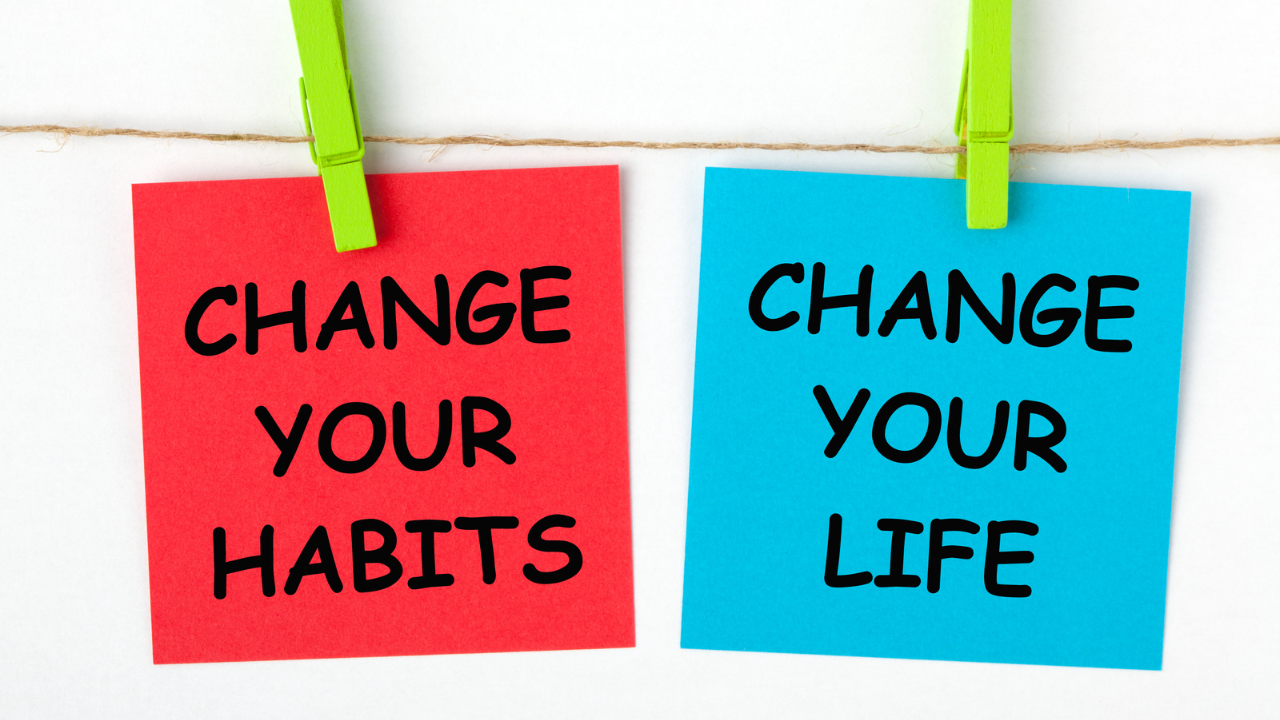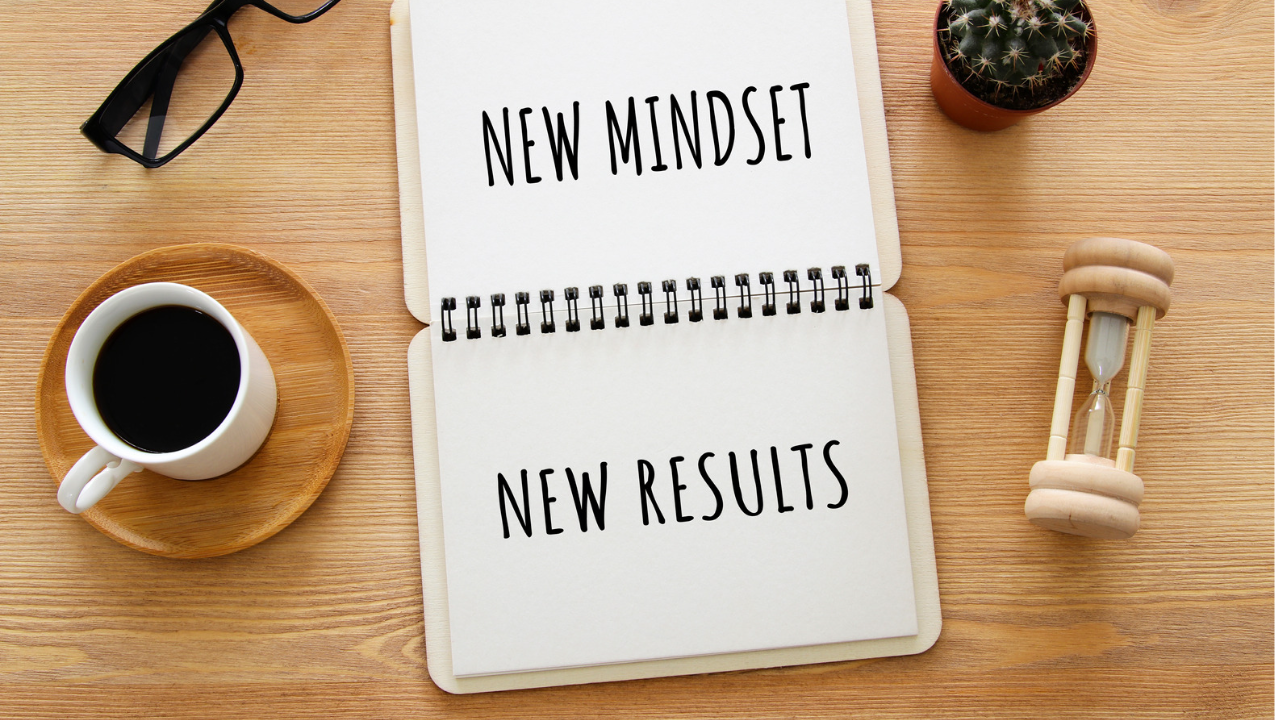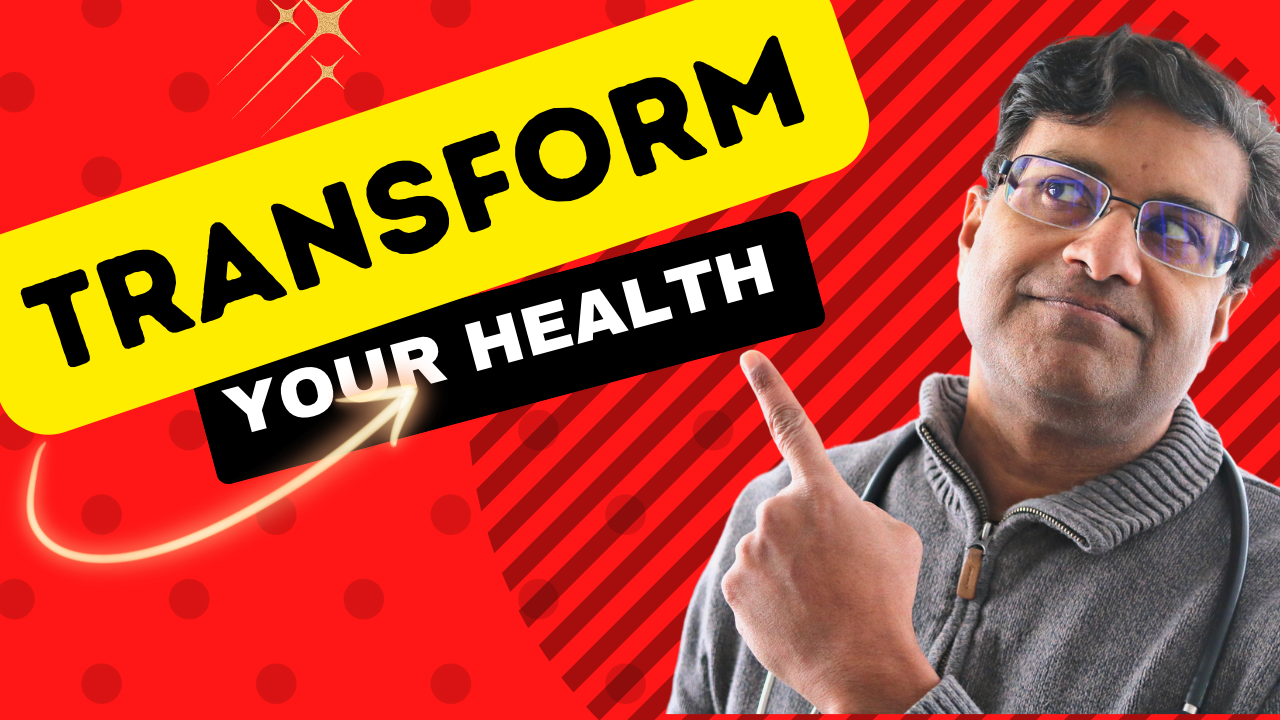“First wealth is health” is quote that highlights the importance of prioritizing your health.
Ralph Waldo Emerson.
The quote suggests that good health is essential for achieving success and wealth in other areas of life. It’s like building a house – you need a solid foundation to ensure that the rest of the structure is strong and stable. Similarly, good health is the foundation upon which all other aspects of your life are built. Without it, it can be difficult to pursue your goals or enjoy the rewards of your hard work. So, taking care of your health should be a top priority.

Step 1: Start with a strong foundation.
To start with a strong foundation, you can begin by making small changes to your daily routine. For example, try going to bed 30 minutes earlier each night to improve your sleep. You can also set a goal to drink a certain amount of water each day, or make sure to include at least one serving of fruits and vegetables with each meal. These changes may seem small, but they can add up over time and help you establish a healthy baseline for your lifestyle.
Starting new habits can be challenging, but there are a few strategies that can help make it easier to establish a strong foundation for a healthy lifestyle.
Start small: Begin by making small changes to your routine, such as setting a goal to drink one extra glass of water per day or adding one serving of vegetables to your meals. These small changes are easier to stick to and can help build momentum towards bigger changes over time.
Make it specific and measurable:

When setting goals for a healthy lifestyle, it’s important to make them specific and measurable. Instead of setting a vague goal like “I want to eat healthier,” try setting a specific goal like “I want to eat at least three servings of vegetables per day.” This way, you can track your progress and feel a sense of accomplishment as you work towards your goal.
Use reminders and cues: Reminders and cues can be helpful in establishing new habits. For example, if you want to start going to bed earlier, you could set a reminder on your phone to start winding down an hour before bedtime. Or, if you want to drink more water, you could keep a water bottle at your desk as a visual reminder to drink more throughout the day.
Build accountability:
Having someone to hold you accountable can be a powerful motivator for establishing new habits. You could enlist a friend or family member to be your accountability partner or join a group or community that shares your goals. Sharing your progress and setbacks with others can help keep you motivated and on track.
Remember, establishing a strong foundation for a healthy lifestyle takes time and patience. By starting small, making specific and measurable goals, using reminders and cues, and building accountability, you can make it easier to establish new habits and set yourself up for success.
Step 2: Move your body

When it comes to exercise, it’s important to find something that you enjoy and that fits into your schedule. For example, if you don’t like going to the gym, try going for a walk outside or taking a dance class. If you’re short on time, try incorporating short bursts of activity throughout your day, like taking the stairs instead of the elevator or doing squats while you brush your teeth. Remember, any movement is better than none!
How can I establish this as a habit?

There a several books on habits. One of them which I would recommend is Atomic habits by James Clear.
James Clear is a writer and speaker who has written extensively about the power of habits. In his book “Atomic Habits,” he describes the benefits of the habit loop in several ways.
First, he notes that the habit loop is a powerful tool for behavior change. By identifying the cue, craving, and reward that drive our habits, we can begin to understand why we do what we do and how to change our behavior for the better.
Second, Clear emphasizes the importance of small, incremental changes in building good habits. He notes that by breaking down a larger goal into smaller, manageable steps, we can make it easier to establish a new habit and maintain it over time.
Third, Clear highlights the role of rewards in the habit loop. By providing ourselves with positive reinforcement for good behavior, we can create a sense of satisfaction and pleasure that helps to reinforce the habit and make it more automatic.
To establish a walking habit using this habit loop, you could follow these steps:
Cue: Set a specific time each day for walking, such as right after breakfast or during your lunch break. Putting on your walking shoes or setting a reminder on your phone can also serve as a cue to start walking.
Craving: Focus on the benefits of walking, such as the improved mood, reduced stress levels, and better physical health that come with regular exercise. So, when you’re trying to establish a walking habit, keep in mind that the serotonin boost you get from the activity can help to reinforce the habit and reduce cravings for unhealthy foods. By focusing on the positive feelings and benefits that come from walking, you can make the habit more appealing and enjoyable.
Reward: After each walk, reward yourself with something that you enjoy, such as a healthy snack or some quiet time to read or meditate. This positive reinforcement can help make the habit stick over time.
If you want a free walking guide to improve your health, click here.
Step 3: Mind your mental health

Taking care of your mental health can be as simple as taking a few minutes each day to check in with yourself. You could try a guided meditation app like Headspace or Calm, or simply sit quietly and focus on your breath for a few minutes. Another way to prioritize your mental health is to create a gratitude practice, where you write down a few things you’re grateful for each day. These small actions can help you cultivate a more positive mindset and reduce stress and anxiety.
Step 4: Stay connected.

Staying connected with others can be as easy as sending a text or making a phone call to a friend or family member. You could also try joining a local club or group that aligns with your interests, whether it’s a book club or a sports team. If you’re struggling to connect with others in person, try reaching out online through social media or joining an online community. Remember, even small interactions can make a big difference in feeling connected and supported.
Step 5: Practice mindful eating

Mindful eating involves paying attention to your body’s hunger and fullness cues, as well as being aware of the taste, texture, and enjoyment of your food. Focus on eating a variety of nutrient-dense foods, such as fruits, vegetables, lean proteins, and whole grains, and limit highly processed foods and added sugars.
Here is a simple framework to follow this in practice:
Slow down: Take your time when eating and focus on the taste and texture of your food. This can help you enjoy your food more and can also help you tune in to your body’s hunger and fullness cues.
Pay attention to your hunger and fullness cues: Before you eat, check in with your body to see if you are hungry. During the meal, pay attention to how your body feels as you eat. Stop eating when you feel satisfied, but not overly full.
Minimize distractions: Avoid eating while watching TV, scrolling through your phone, or working. Instead, focus on your food and the experience of eating.
Practice gratitude: Take a moment before eating to express gratitude for the food on your plate and the opportunity to nourish your body.
Choose nutrient-dense foods: Focus on eating a variety of nutrient-dense foods, such as fruits, vegetables, lean proteins, and whole grains. These foods provide essential nutrients and can help you feel more satisfied and energized.
If you are interested in other videos click right here or here. Have a good day and think your health.







